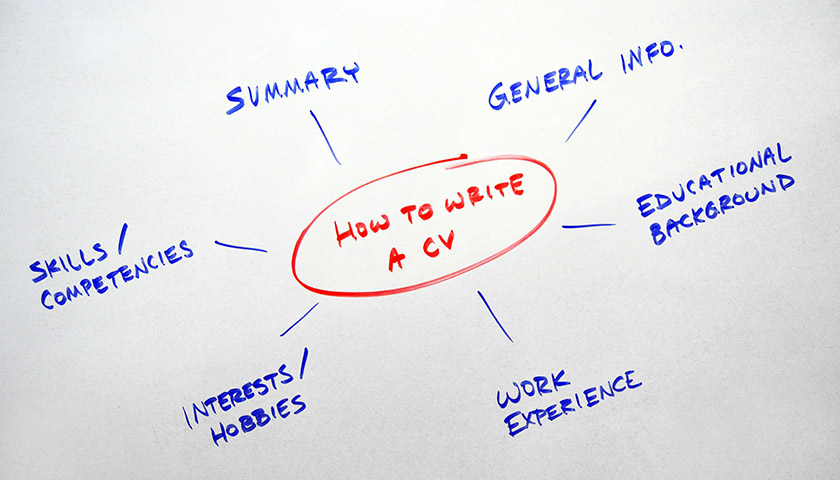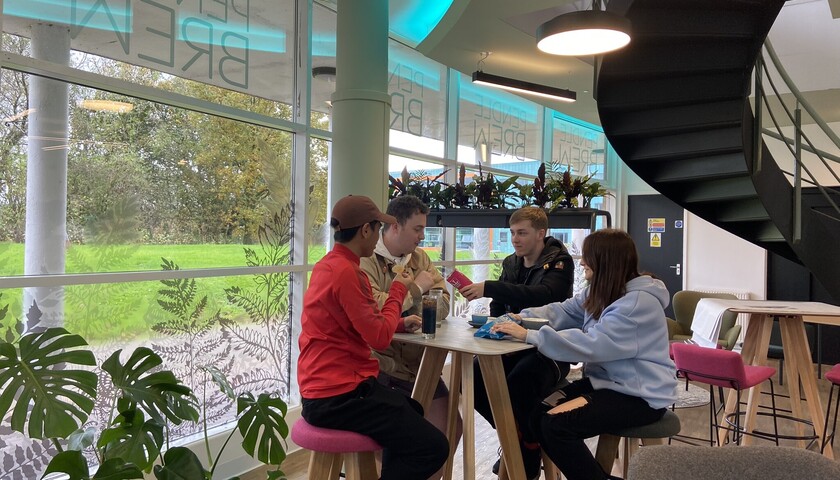Politics affects all our lives. In this course we explore the many ways this happens. From social injustice, culture wars and climate change, to migration, crime, and declining trust in democracy. Our expert lecturers put problem-solving at the heart of your learning as you analyse the dynamics of power in modern societies. This is your call to get informed and prepare to make your mark as a future political innovator.
Why Lancaster?
- Benefit from expert-led teaching by academics who regularly collaborate with government bodies such as UK Parliament, on important issues such as racial injustice, voter rights, and migration
- Explore key themes from power and the state to domestic and comparative politics and policy making
- Network with external partners, policymakers, and guest speakers who can provide valuable insights into the key political issues of the moment
- Engage with local issues and politicians, find out what strategies and campaigns really work
- Join one of only 20 universities to offer a parliamentary studies module, run in conjunction with UK Parliament
- Take advantage of our annual internship opportunities, where you can work on live research projects with NGOs, think tanks and charities
- Be a part of the only university to offer a dedicated Politics Policy School with the HM Government Open Innovation team
Tackling real-world challenges
Does artificial intelligence and disinformation threaten democracy? Why do border controls fail? How do we combat social inequalities? And why do nation-states struggle to tackle climate change?
On this course you’ll engage in these debates and learn how you could make a positive difference in the world of politics and policymaking.
Politics shapes the societies we live in, influencing all aspects of life. It often refers to power struggles or competing interests, but its scope goes way beyond this. Our programme offers innovative perspectives on the most urgent challenges facing Britain and the world today. Increasingly politics centres on identity, culture, and values. Issues such as the environment, gender rights, immigration, and security defy traditional ideological boundaries, and there is a place for empowered individuals and communities to address these challenges.
Throughout the programme, you will dive into primary political themes, studying topics such as the politics of public policy, social change and inequalities, powers and the state, domestic and comparative politics. You will also explore the world of working in politics and how this might influence your future career.
This course goes beyond traditional politics. By exploring these critical problems in depth, you will gain a comprehensive understanding of contemporary political debates and developments from top experts in the field.
Key themes could include:
The crisis in democracy - Discover why trust in democracy is falling, what it means for our political system and what we can do about it.
Global issues - Explore the politics surrounding areas such as migration and border control, AI, and climate change and their effect on economies.
Voting behaviour and political movements - Find out why some people vote for extremist parties and others choose not to vote at all.
Power, politics and public policy - Critically engage with foundational ideas and debates in policymaking, democracy, equality and justice for real-world application of these ideas.
Global capitalism and economic inequality - Explore the impact of globalization on economic inequality, social justice, and labour rights.
Assessing problems. Finding solutions.
Studying politics at Lancaster will equip you with the essential practical, professional, and analytical skills for a successful career in both the private and the public sector. We put problem solving at the centre of our teaching, and our academics will support you in analysing the issues our societies are facing and help you develop innovative solutions to these problems.
You will learn through real-life case studies, exploring complex interconnected global problems and contemporary public policy challenges. Our specialised career-boosting modules will teach you vital data analysis skills, consideration of differing players and perspectives, and impact evaluation of potential solutions. This experience will provide skills and knowledge that you can use to tackle real-world issues with confidence in your future career.
During your studies, you will have the opportunity to develop a portfolio of work, allowing you to directly demonstrate your real-world problem-solving abilities. Putting your knowledge and skillset into practice, you will be supported in presenting your work across a range of mediums. You will learn through interactive and collaborative sessions such as policy labs, and simulations including mock select committees, mock citizens assembly and mock PMQs. To present your work, you could be creating policy briefs, podcasts, reflective diaries, blogs, research portfolios, or policy memos and evaluations.
Throughout the course, you will have the opportunity to build valuable external connections. In previous years we have hosted visits from the Institute for Government and the Speaker of the House of Commons, as well as a visit to the parliamentary estate and the chance to interact with clerks of the House of Commons. Through our Ethics Values and Policy Initiative students have recently met the Spanish Ambassador to the UK, Ministers in both the Welsh and Scottish governments, representatives from climate change think tanks and Bank of England policy advisors.
Beyond the classroom
Our optional parliamentary studies module is taught in partnership with the UK Parliament and the Institute for Government’s Open Innovation team and provides the opportunity to interact directly with MPs, parliamentary officials and policy experts to explore how Parliament makes policy.
Through the Policy School, run in collaboration with HM Government’s Open Innovation Team, you can get hands-on experience of policymaking and find out about careers in the civil service. Focusing on real and urgent government priorities, you learn about the policymaking process from Whitehall insiders and develop your own ideas as part of a team, with expert feedback throughout.
You will have the opportunity to boost your prospects further by applying for one of the annual internships offered by Lancaster’s Richardson Institute for Peace Studies.
This competitive programme allows you to work alongside leading policy and research organisations whilst providing you with opportunities to:
- Publish your work
- Work with students across the university on high-impact research projects
- Work with organisations such as NGOs, think tanks, and charities
- Gain valuable work experience that will be attractive to future employers










